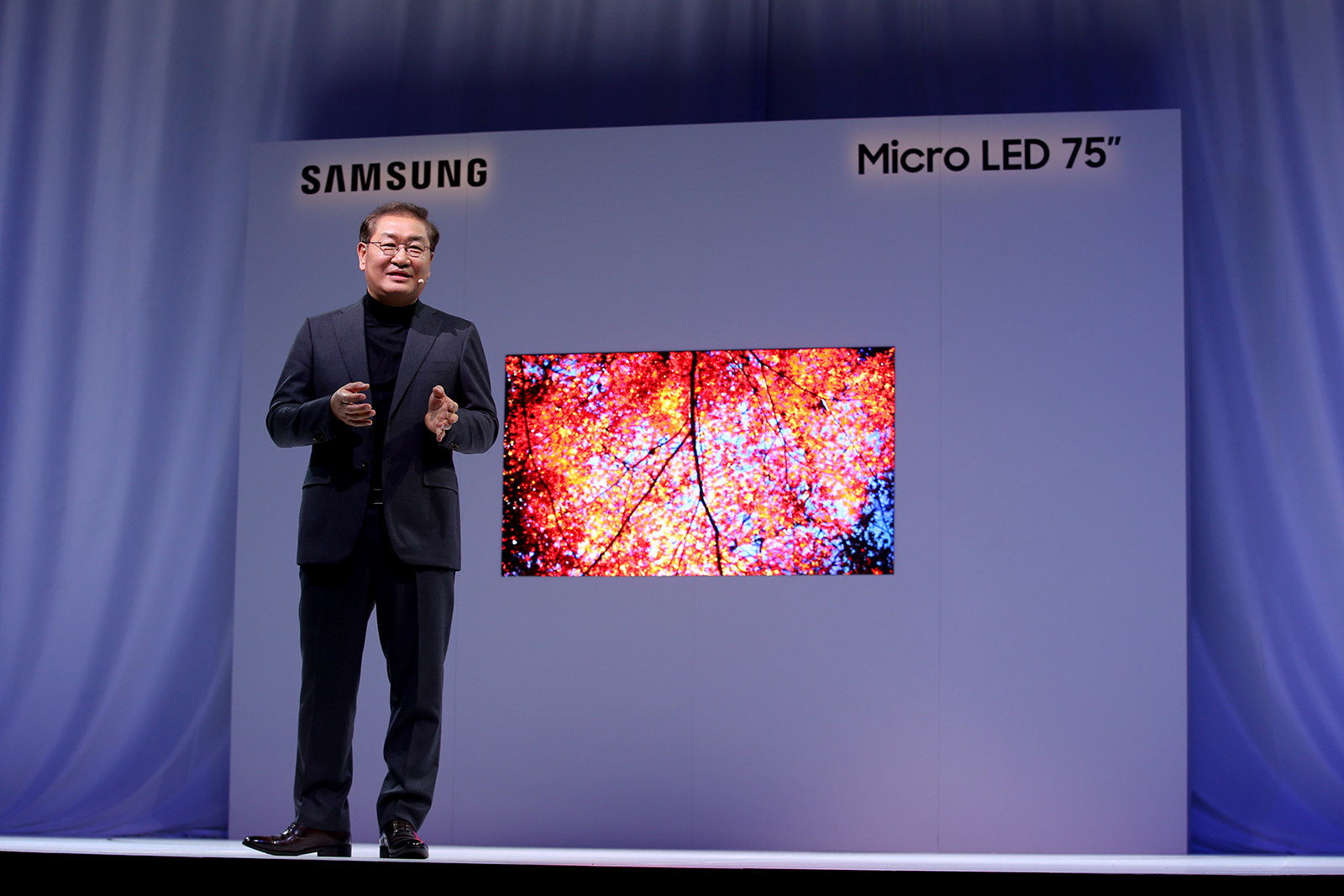The automobile, a marvel of engineering and a symbol of freedom and progress, has profoundly impacted our world. Since its inception, it has continually evolved, shaping economies, societies, and cultures. This article explores the journey of the automobile, its evolution, and its significant impact on our daily lives.
The Dawn of the Automobile Era
The automobile’s journey began in the late 19th century with inventors like Karl Benz and Henry Ford pioneering early models. These early cars were luxury items, accessible only to the wealthy. The Ford Model T, introduced in 1908, revolutionized this concept by offering an affordable, reliable car, making automobile ownership a possibility for the average person.
Advancements in Automotive Technology
Over the decades, automotive technology has seen exponential growth. From mechanical to electronic advancements, cars have become more efficient, safe, and comfortable. Innovations like the internal combustion engine, electric vehicles (EVs), and hybrid technologies showcase the industry’s commitment to progress and environmental sustainability.
Automobiles and Economic Impact
The automobile industry is a significant contributor to the global economy. It has created millions of jobs, from manufacturing to services. Moreover, it has spurred growth in ancillary industries like oil, steel, and, more recently, battery technology. The industry’s evolution often reflects the economic health of nations.
The Car and Cultural Shifts
Cars have reshaped our cultural landscape. They have transformed our cities, influenced our lifestyles, and even our social interactions. The automobile symbolizes independence and has been a central theme in art, film, and music, reflecting its integral role in our cultural identity.
Environmental Considerations and the Future
As we become more environmentally conscious, the automobile industry faces challenges and responsibilities. The rise of EVs, hydrogen fuel cells, and sustainable manufacturing practices are steps towards reducing the automotive carbon footprint. The industry is at a crossroads, balancing innovation with environmental stewardship.
Impact on Infrastructure and Urban Planning
The proliferation of cars has significantly influenced urban planning and infrastructure. Highways, bridges, and tunnels are engineered to accommodate increasing vehicle numbers. However, this growth has also led to challenges like traffic congestion and urban sprawl, prompting a rethinking of urban transportation networks.
Safety Innovations and Regulations
Safety has always been a paramount concern in the automotive industry. Innovations like seat belts, airbags, anti-lock braking systems (ABS), and advanced driver-assistance systems (ADAS) have drastically improved safety standards. Government regulations have also played a crucial role in enforcing safety norms and reducing road fatalities.
The Automobile in Popular Culture
The car has been a symbol of status, freedom, and individuality in popular culture. Iconic models have become cultural symbols, featured in movies and songs, embodying the spirit of their times. Car culture, with its diverse communities from muscle car enthusiasts to luxury car aficionados, showcases the deep emotional connection people have with their vehicles.


